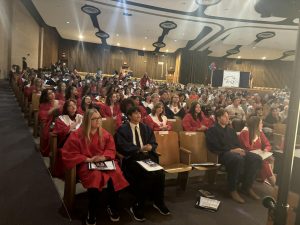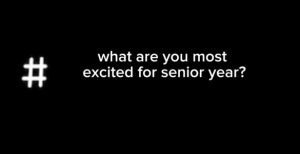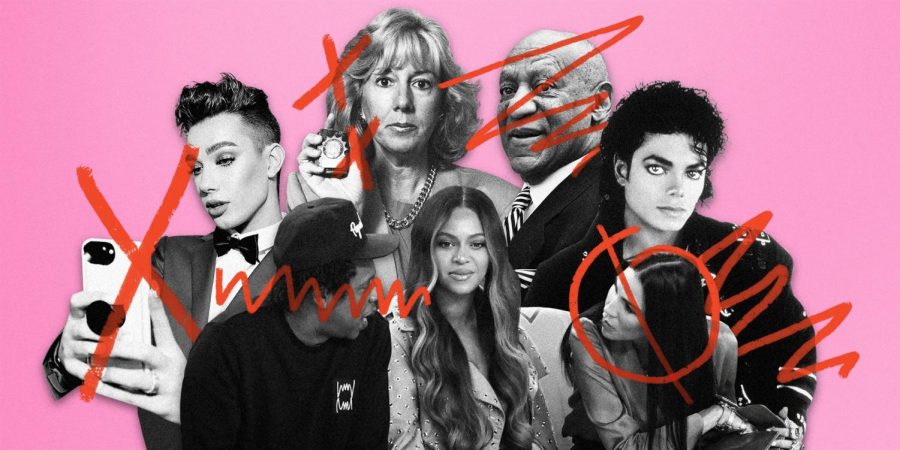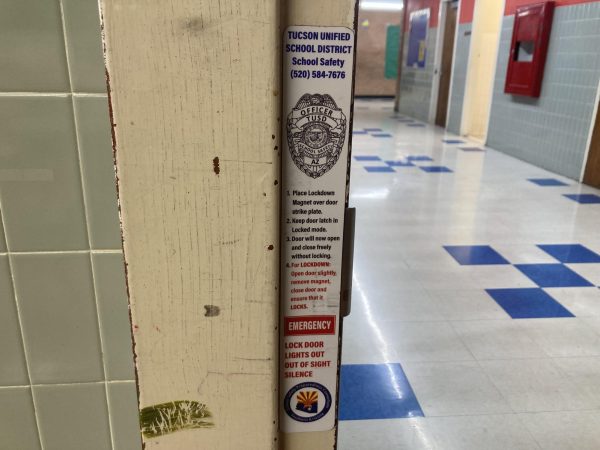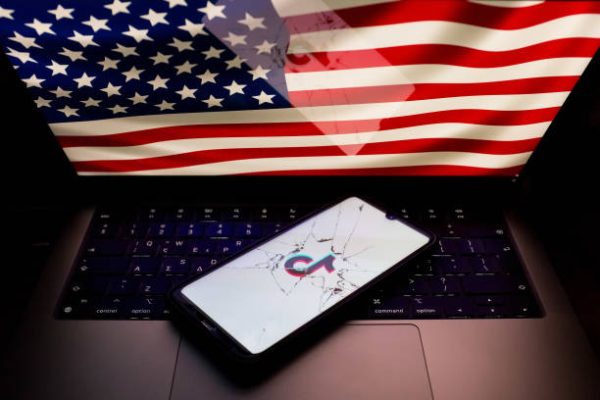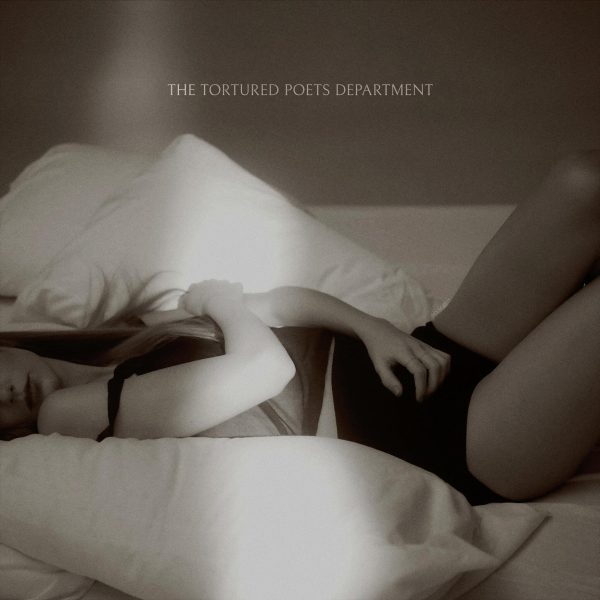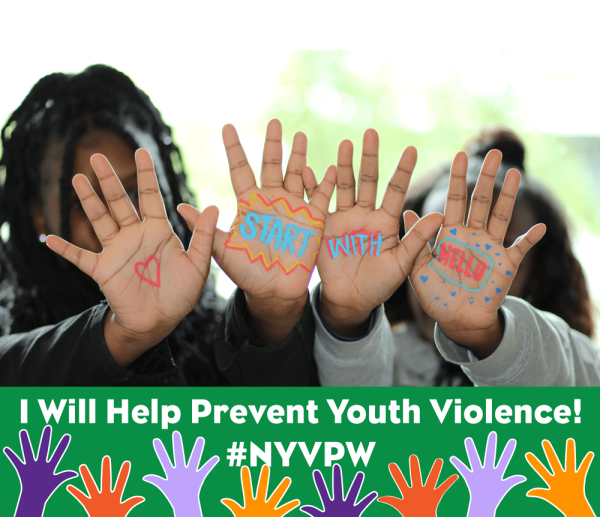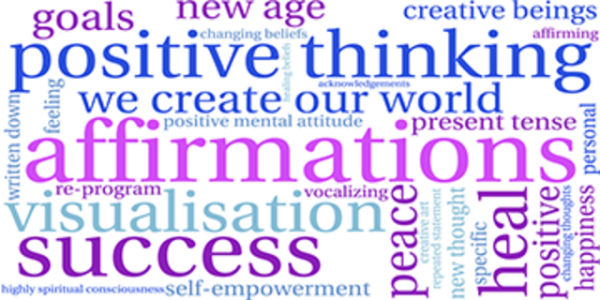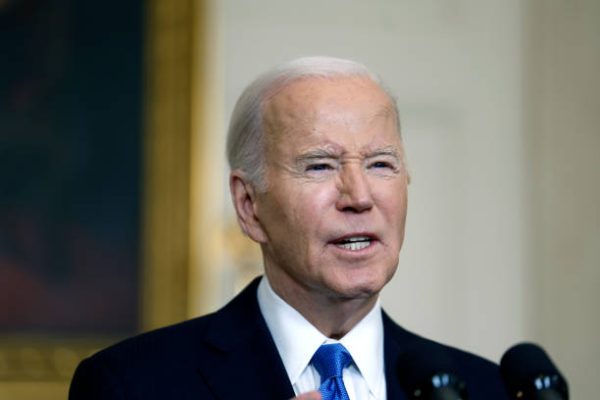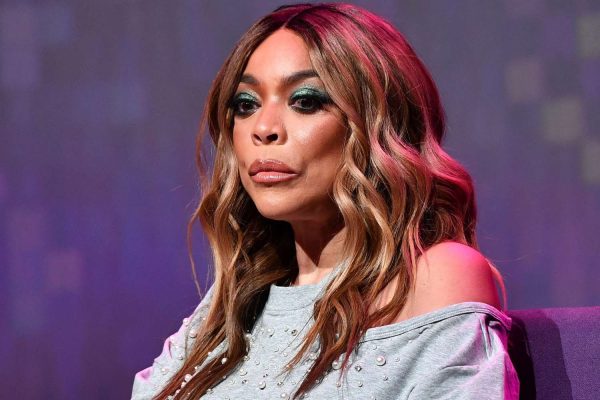The Thing About Cancel Culture
March 9, 2021
The term “cancel culture” has come a long way. I remember using it with my friends back in 2018 when discussing pop culture, but now there are grown adults using it as political fuel. The ultimate question now is whether or not cancel culture has developed into something entirely too toxic and should be canceled itself, ironically enough.
Let’s talk about someone who has been successfully “canceled”, like Harvey Weinstein who is now serving time in jail as a convicted sex offender. Some people wouldn’t deem this as a result of cancel culture, but he did something awful, received backlash, and got held accountable for his disturbing actions. This is the cycle that all cancellations replicate or at least attempt to replicate.
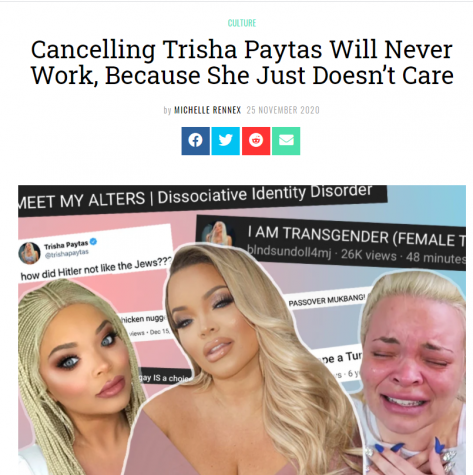
Camilla Cabello has been canceled for racist tweets, but I still hear Senorita on the radio. Jeffree Star was canceled for racism amongst many other things, but he still runs a million-dollar makeup brand, gets millions of youtube views, and wakes up in his mansion every morning. J.K. Rowling has even been canceled, but she’s still getting those Harry Potter checks. Trisha Paytas has been canceled multiple times, but she even admitted in the Frenemies podcast that in some sense, you choose to get canceled. Another huge example is Dr. Luke, we all know what he did to Ke$ha. Years ago The Grammys had her sing Praying, her song about the pain he caused her, and yet this year he’s nominated for an award.
The fact of the matter is that 9 times out of 10 if you’re canceled the most you’ll face is online hate and some damage to your reputation. These people already have more money than a lot of us will make in a lifetime, a social media following so big that no matter what happens there will still be people listening, or so much power in the industry they will never be gotten rid of. The only accountability they’ll face is the reminder of what they did or who they hurt when someone @’s them on Twitter or TikTok. Also, isn’t the backlash warranted? If you put out a racist tweet, you deserve to be called out. It’s not the fault of those hurt by what you said, it’s your fault for saying it.

A popular cancelation that backfired was James Charles in the bye sister scandal. James is always involved in drama for different things, so I’m going to focus on this one instance where Tati retracted her cancellation. James explained how his mental health suffered due to the mass amounts of hate he got after the infamous “Bye Sister” video, only for Tati to come out a year later and take back what she said. Things get more complicated when things like this happen because James didn’t deserve all of the hate, and it’s sad to hear the state it put him in. Tati should never have made the video in the first place, and people shouldn’t have been so quick to jump on James without proof, but then again what more could you expect from the internet.
So no, I don’t think cancel culture should be canceled. If you post something insensitive, you should know by now what you’re setting yourself up for. I can’t dictate how a Black person reacts to an anti-Black tweet, nor how a Jewish person reacts to a tweet comparing the Holocaust to saying you don’t like conservatives (thank Gina Carano for that one). In more pop-culture-centered cancellations, like over a Sugar Bear Hair ad, maybe we should think more before we react. The conclusion? Use your brain before you speak.

